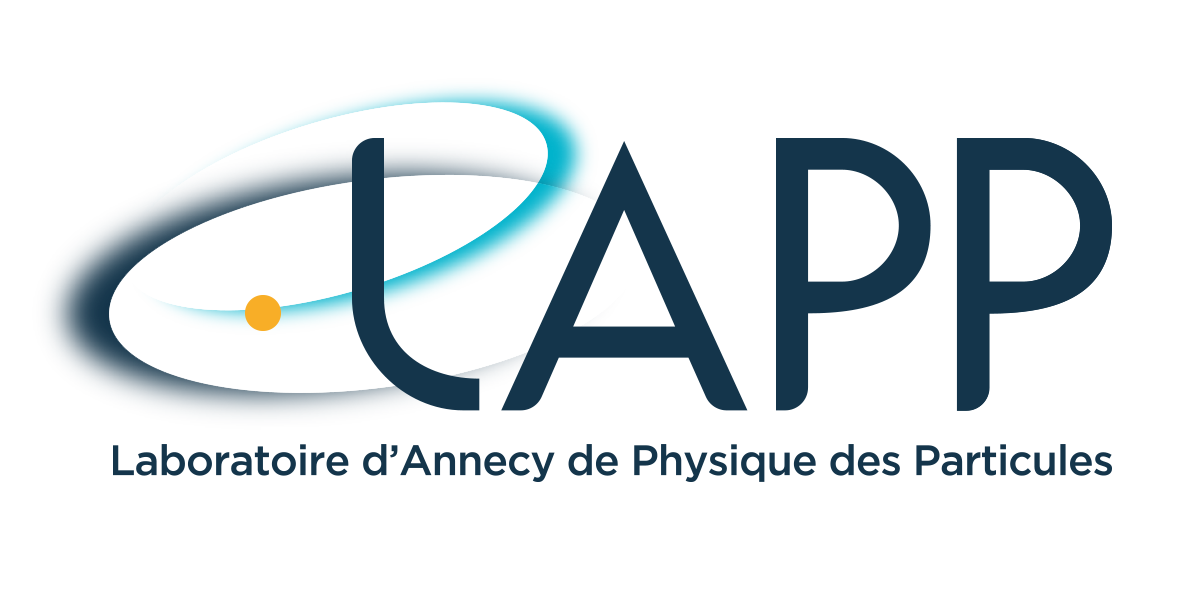DevOps Linux computer engineer (M/F)
Missions
The generic Virtual Research Environment (VRE) data analysis tool provides to researchers the software components to identify and structure existing data collections for analysis and to leverage a wide range of software tools and packages developed by ESCAPE’s ESFRI projects (CTA, ELT, EST, ET, FAIR, HL-LHC, KM3NeT, SKA). VRE processes custom workflows and uses the underlying HPC and HTC IT frameworks. An instance is deployed on the MUST digital platform operated by LAPP’s IT specialists. Its effectiveness was already demonstrated in the Gray Scott Battle School of Computer Science (2023) and in open data analysis cases (ATLAS at CERN, CTA observatory, etc.).
As part of a collaborative work within the OSCARS project, the position objective is to provide cloud computing services for Open Science practices. The person will take over the responsibility of demonstrating the VRE interoperability across various disciplines already supported by the European Open Science Cloud (EOSC) initiative. The individual will contribute to improving container support for high-performance computing and moving a Kubernetes-based orchestration platform to production to automate the deployment, scaling, and management of containerized applications. It will deploy this service as part of training for thematic schools or scientific projects in order to democratize the use of this tool in projects.
He or she will work as part of a team that includes LAPP engineers and researchers.
Activities
- Identify the needs for a scientific data analysis platform in the scientific areas of the OSCARS project
- Attend meetings (OSCARS communities, lab, MUST team) to present the VRE tool
- Supervise and coordinate the procedures for the acceptability and publication of scientific software in an EOSC catalog according to the FAIR principles (findable, accessible, interoperable and reusable).
- Propose, design, integrate and develop software solutions according to the scientific field concerned based on technologies already deployed as prototypes within the mesocenter (Kubernetes, Jupyter notebooks, …)
- Establish a roadmap and prototype certain components related to an open data analysis platform
- Implement training, webdoc and tutorial for software programming and operation of open access data analysis services.
- Support researchers for the use of VRE, in particular in the context of its deployment in MUST
- Participate in the drafting of functional and technical associated documentations
- Contribute to the follow up of technical innovations
Competences
Knowledges :
- Knowledge of administration of GNU Linux operating system
- Mastery of the programming language Python
- Knowledge of open source software development platforms and web services for the entire computational process: code development, documentation and execution, as well as communication of results (GIT, Gitlab, Jenkins, etc.)
- Practice of DevOps methodology, including continuous deployment, metrology or monitoring tools (Ansible, The Foreman, Puppet, Prometheus, Grafana, Jira…)
- Knowledge of containerization techniques (docker, singularity), and container orchestration (Kubernetes, …).
- Experience in data analysis as part of a physics experiment would be a plus
Know-how :
- Interpersonal skills are essential as well as the ability to work in a team
- Good writing skills
Technical English at least B2 level (Common European Framework of Reference for Languages).
Working Contexte
LAPP is a laboratory of the Institute of Nuclear Physics and Particle Physics (IN2P3), an institute of the French National Centre for Scientific Research (CNRS) that coordinates programs in these fields. Its is a joint research unit (UMR 5814) between CNRS and the University of Savoie Mont-Blanc (USMB). More than 150 researchers, teacher-researchers, engineers, technicians, administrators, students and foreign visitors work there. Research at LAPP aims to study the physics of elementary particles and their fundamental interactions, as well as to explore their links with the major structures of the Universe. The work of the LAPP teams aims, among other things, to understand the origin of particle mass, to unravel the mystery of dark matter and to determine what happened to the antimatter present in our universe just after the Big Bang.
Type of contract: CDD
Duration de contract :24 months
First hiring date: 01/06/2024
Quotité de travail : Full time activity

